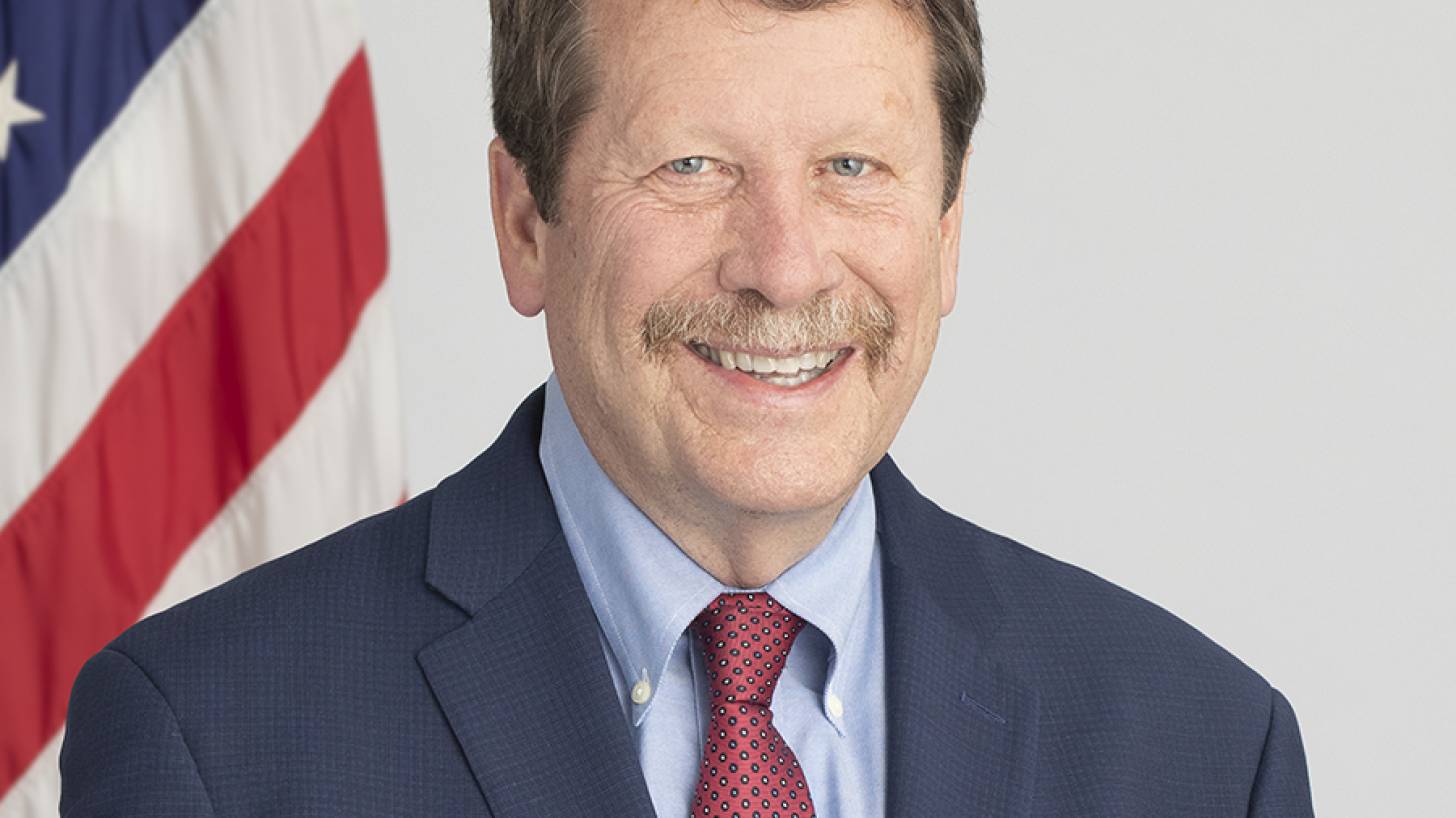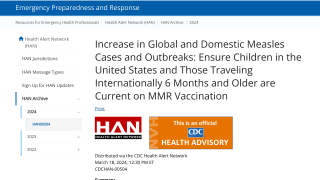Is Public Health Information Trustworthy

A new analysis of 21 surveys published by Heath Affairs indicates changing attitudes about several topics, including trusting vaccine information.
Published on June 6, 2023, these opinion polls were conducted shortly before or during the recent pandemic (2015–23) that met quality standards set by the American Association of Public Opinion Research.
After the approval of new vaccines for adolescents ages 12–15 in 2021, only 40% of U.S. adults indicated high trust in public health agencies to provide accurate information about the safety of these vaccines.
Similarly, only a minority share of the public has expressed high trust in the Food and Drug Administration or the Centers for Disease Control and Prevention to provide reliable information about vaccines throughout the pandemic, with only 25% to 28% and 31% to 36% reporting "a great deal of trust," respectively.
However, these authors reported no evidence of spillover on this attitudinal dimension to routine immunizations for children.
More than half of the public (54%) trusts public health agencies to provide information about the safety of routine childhood vaccines.
This is much greater than trust in institutions to provide accurate information on the safety of COVID-19 vaccines for adolescents (54% versus 40%) and also greater than trust in institutions' COVID-19 vaccine information generally (54% versus between 25% and 36%).
Moreover, high trust in public health agencies to provide accurate information about routine childhood vaccine safety actually increased between 2019 and 2022, from 37% to 54%.
In parallel to rising public views of vaccine safety during this time, it may be that the introduction of the novel COVID-19 vaccine for adolescents and younger children made routine immunization seem relatively well supported by public health institutions over a more extended period of time, thus increasing trust in them on this topic.
To address some of these trust concerns. the U.S. Food and Drug Administration (FDA) recently announced an initiative to increase consumer understanding of medication information.
Robert M. Califf, M.D., MACC, Commissioner of the FDA, wrote on May 30, 2023, "Providing people with accurate and timely information to help them take their prescription medications safely and effectively is an important priority for the FDA."
"Evidence suggests that more easy-to-read information can help patients reduce preventable adverse drug reactions and improve health outcomes.
"Research suggests that medication nonadherence can contribute to nearly 25% of hospital admissions, 50% of treatment failures, and approximately 125,000 deaths in our country each year."
"While medication nonadherence is complex, inconsistency with the existing types of written information for prescription drugs and certain biological products can negatively impact public health, and we are eager to fix it."
"To address this problem, we (FDA) are proposing to require a new type of Medication Guide called Patient Medication Information for prescription drugs and certain biological products."
"Patient Medication Information would provide patients with clear, concise, accessible, and useful written information for prescription drugs and certain biological products and would be delivered in a consistent and easy-to-understand format to help patients use their prescription drugs and certain biological products safely and effectively," wrote Dr. Califf.
A previous study concluded among health professionals, it is known that pharmacists have a trusted relationship with patients.
Although the digital world provides much information to the public, many people still refer to and trust pharmacists more than ever because they are the most accessible, reliable, and frequently visited healthcare providers.
Like other health professions, pharmacy has undergone considerable changes due to scientific and technological advances.
Studies show that the trusted relationship between pharmacist and patient is paramount.
Our Trust Standards: Medical Advisory Committee



